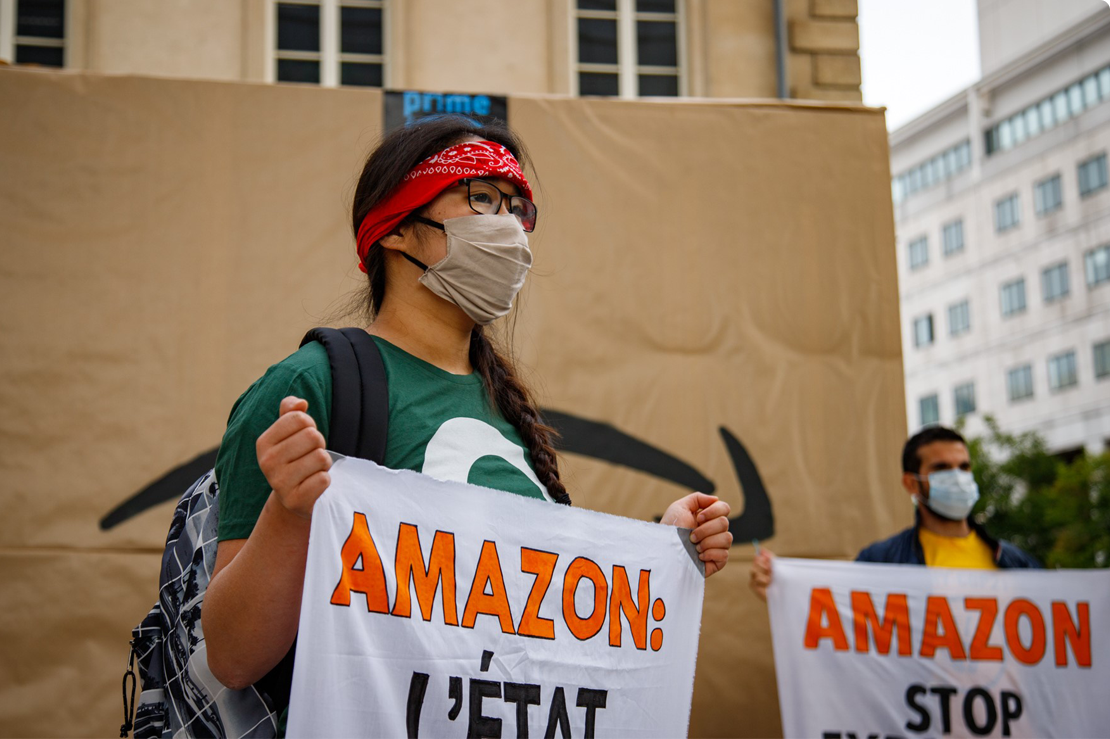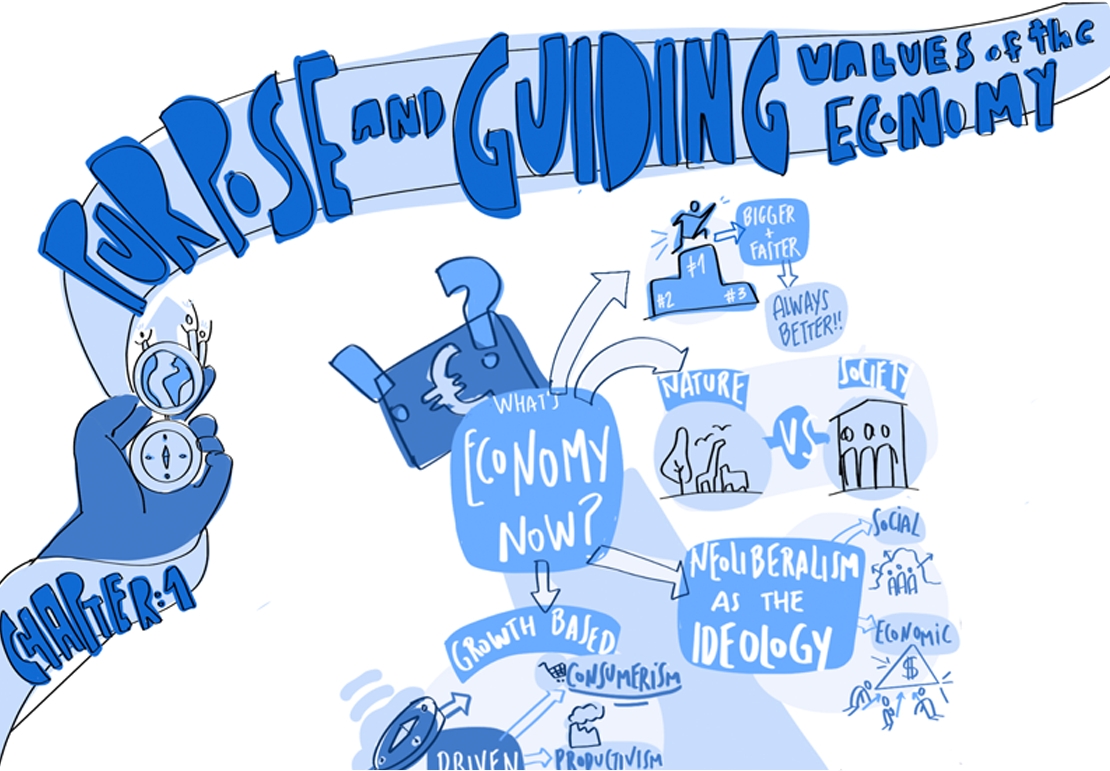Campaign Highlights Future of Europe
Waves of Covid Solidarity
International
Our network responded with solidarity to the pandemic and life under the coronavirus. We celebrated their community action.

Solidarity is a core value for Friends of the Earth. It took on new significance last year as the Covid-19 crisis showed the strength of human solidarity and compassion. The pandemic unleased waves of solidarity and community action – including in our grassroots network.
The pandemic did not affect everyone equally, and our groups came to the support of those hardest hit.
We shared stories from across our European and global network of what life under coronavirus looked like around the world.
We shared the story of South Africa’s 90,000+ waste pickers. They collect and sort waste for reuse, repair and recycling. But Covid-19 restrictions forced some to stop work. Friends of the Earth South Africa worked with partners to help get emergency food parcels and vouchers to waste pickers and their families who had lost their income. Then, together with waste pickers’ organisations and NGOs, they successfully lobbied the South African government to get waste pickers defined as ‘essential’ workers – allowing them to return to work. Friends of the Earth South Africa also helped waste pickers access personal protection equipment (PPE) so they can do their jobs safely.
In France, and elsewhere, the multinational corporation Amazon, attempted to captialise on the coronoavirus crisis and the closure of non-essential shops to increase its operations. Amazon workers were left unprotected – working without adequate physical distance, or proper protective equipment. Friends of the Earth France produced a mobiliation kit to help people take action in support of workers. They organised several email and Twitter actions demanding the closure of unsafe Amazon sites. The campaign worked! A French court ruled Amazon had to limit its activity to the delivery of essential products only during the coronavirus crisis.
During Spain’s Covid-19 confinement, open-air markets were forced to close leaving small agroecological producers nowhere to sell their produce. They were unable to make a living. So, Spain’s network of women for agroecology – including Friends of the Earth Spain – got active in support of small producers. Under the banner #SOSCampesinado (SOS small farmers), they brought together an incredible 700 organisations to demand that the government reopen the markets and encourage local food distribution. They demanded hospitals, care homes, and school canteens purchase from local producers. Dozens of local campaigns were successful in convincing municipalities to allow open-air markets and to support food sovereignty.

Imagining a New Economy
EUROPE
A common vision for an environmentally and socially just economy.
There are more mainstream voices than ever calling-out our exploitative neoliberal, economic system and demanding transformational change. The Covid-19 pandemic made it clearer than ever that ‘economics-as-usual’ is broken and does not work for huge sections of our societies. We cannot continue to pursue growth no matter what, and that includes what some politicians promise as ‘green growth’.
Core to the current Friends of the Earth Europe strategy is the recognition that we need to abandon the never-ending pursuit of consumption and economic growth, which is at the heart of the multiple crises facing humanity and nature.
What kind of positive economic and social system do we envision instead? In 2020, we made big progress towards answering this question. We created a common vision with our network for an environmentally and socially just economy. We held six interactive webinars with member groups and dived deep into discussions, brainstorming and new economic thinking. It culminated in a comprehensive internal paper, ‘Principles for an environmentally and socially just economy’. The seven chapters reflect our bottom-up vision for all areas of the economy – from the purpose and guiding values of the economy we want, to democracy and public services, to the financial system and the future of work, business, and trade.
This thinking is now shaping our analysis and demands, not least towards EU policy-makers. We rejected so-called ‘green’ or ‘regenerative growth’-based failed economic solutions in the EU Green Deal. We pushed for the Green Deal to bring about a shift to an economy that cares for everyone within the Earth’s limits.
We also built relationships and cooperation with the degrowth movement. We co-organised a panel debate and workshop on the theme of ‘How do we deal with the European Green Deal?’ at the Degrowth Conference Vienna.
This work continues with a shorter public version of the vision paper coming first in 2021.
Anti-racism

2020 saw us put a new emphaisis on racial injustice. We took action to strengthen anti-racist approaches in our network, campaigns and structures.
We issued a solidarity statement with Black Lives Matter and called for Europe to reckon with its colonial past and racist present, and act to end racism once for all.
We hosted a series of webinars in which our member groups shared how they are building anti-racism into their campaigns and ways of working. Topics included how to combine anti-racist and ‘traditional’ environmental campaigning, building trust with movements against police violence, and building anti-racism into educational work.
We are committed to an intersectional approach and to diversity, but we recognise that we still have a long way to go to implement this in practice. In 2021 we organised anti-racism training for our Brussels office staff.
From fragility to resilience post-pandemic

We were part of the call for a green, healthy, just recovery from the Covid-19 pandemic.
Over a million people supported the demands for the European Union to restart its economy with a bold green investment plan, via petitions with avaaz, WeMove and SumOfUs.
Our briefing ‘From Fragility to Resilience’ drew interconnections between the pandemic and the planetary emergency, and made specificshort-term demands for EU recovery plans and Covid-19 response measures.
Although EU member states did prioritse climate in their recovery agreement, we were critical when plans ultimately fell short of the goals of the European Green Deal.
Coronavirus would be a double tragedy if we return to an unhealthy, unsustainable business-as-usual afterwards. Europe still has a chance to build back better.
in Thomson Reuters.



